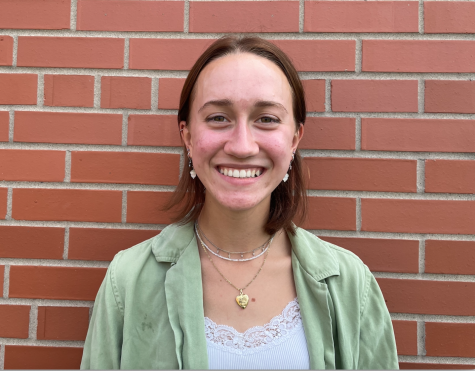Sports are crucial during the pandemic
Athletics critical to mental health
January 10, 2022
I’ve been a very active person my entire life. As long as I can remember, I’ve been involved with some kind of sport. Through the many ups and downs of life, that was one of the few constants I had.
As redundant as it may be to say, sports became a lifeline during the pandemic, it doesn’t change the truth of the statement. By December 2020, I was in a very bad place mentally. Over the summer, I was able to spend plenty of time outside and see friends in a safe way outdoors. In the fall, despite doing school fully-online, I was able to play soccer and use that as a way to exercise and socialize. However, soccer ended in October and winter sports had been postponed indefinitely. As the temperature dropped and the number of cases rose, things weren’t looking good. I’ve always been a pretty optimistic person, but with all aspects combined, I was having a hard time finding any sort of hope to cling to.
I didn’t realize it then, but the early snow we got would end up being my saving grace those few months. Looking back, the fall and winter of that year were defined by two things — online school,\ and skiing. Convinced we would be able to start the official nordic season at any point, I threw myself into training. It became a bit of an obsession, but it kept me from losing my sanity completely. My sister and I would race off to Theodore Wirth as soon as we got off our final Zoom call of the day, and often woke up before dawn to squeeze in a ski before school. The one thing I could look forward to was the feeling of the icy morning air on my face as the sun rose over the city skyline. Out on the snow, I was almost able to forget the insanity of the world around me.
By this point in time, I barely spoke to any of my friends anymore. Occasionally I would see someone out skiing, but it had been long since I had any motivation to reach out to people. When we got the news that we would be allowed to begin nordic practices mid-January, the idea of seeing so many people I hadn’t spoken to in months scared me. That feeling didn’t last very long, though. On the first day, participating in such a normal activity after so many months of abnormality was really fun. Everyone was so happy to see each other, and it was clear I wasn’t the only one who had been needing it.
As literally the only form of social interaction available for many at the time, sports became a bit of a safe haven. It became an escape from the monotonous repetition of distance learning and isolation — as well as a way to get outside and move everyday. My mental health began to improve rapidly, and while things weren’t even close to normal — we even had to race masked for a while — they were starting to feel a lot more hopeful.




